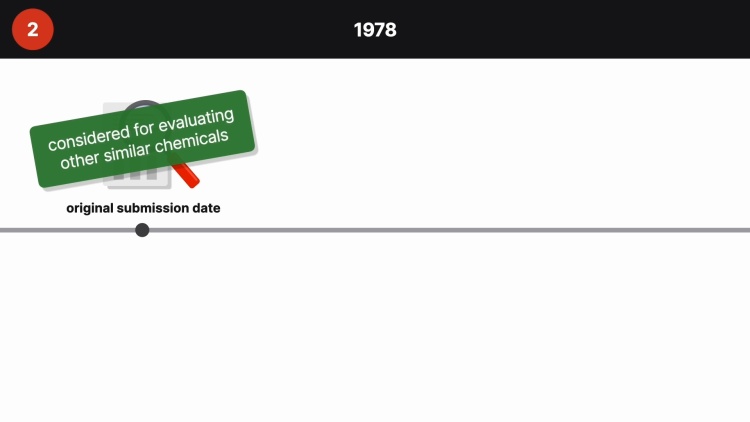Ruckelshaus v. Monsanto Co.
United States Supreme Court
467 U.S. 986 (1984)
- Written by Peggy Chen, JD
Facts
The Federal Insecticide, Fungicide, and Rodenticide Act (FIFRA) was first adopted in 1947 to regulate the use of pesticides. In 1972, Congress passed amendments to FIFRA. Among other things, it added to FIFRA a new section governing the public disclosure of data submitted in support of an application of registration. The 1972 Amendments allowed the Environmental Protection Agency (EPA) to consider data submitted by one applicant for registration in support of another application pertaining to a similar chemical, provided that the subsequent applicant offered to compensate the original applicant. If the parties could not agree on an amount of compensation, compensation could be determined through a binding arbitration. However, if the original party designated the information a trade secret, it could not be used by another applicant. In 1978, Congress passed new amendments that did away with the protections for trade secrets. Monsanto, a developer of pesticides (plaintiff), brought suit in the district court seeking injunctive and declaratory relief from the data-disclosure provisions of FIFRA. Monsanto argued that the provisions were a taking of property without just compensation under the Fifth Amendment. The district court concluded that it was a taking and that the arbitration scheme did not adequately provide compensation for the taking. The district court declared the relevant portions of FIFRA unconstitutional and enjoined the EPA from enforcing them. The EPA, through Administrator William Ruckelshaus (defendant), appealed.
Rule of Law
Issue
Holding and Reasoning (Blackmun, J.)
What to do next…
Here's why 907,000 law students have relied on our case briefs:
- Written by law professors and practitioners, not other law students. 47,100 briefs, keyed to 996 casebooks. Top-notch customer support.
- The right amount of information, includes the facts, issues, rule of law, holding and reasoning, and any concurrences and dissents.
- Access in your classes, works on your mobile and tablet. Massive library of related video lessons and high quality multiple-choice questions.
- Easy to use, uniform format for every case brief. Written in plain English, not in legalese. Our briefs summarize and simplify; they don’t just repeat the court’s language.





